Is your loved one missing? See our dedicated site with advice, a checklist and templates.
Ambiguous Loss 101
This world-first initiative provides vital professional and personal development to those who work with, or are close to, loved ones of missing people. Police, media, mental health professionals as well as people with lived experience will learn about the ways in which ambiguous loss shows up in people’s lives when someone is missing.
The first component, Ambiguous Loss 101, introduces the concept of ambiguous loss, how it presents itself for families and friends of missing people, and the ways in which you can manage your reactions to that ambiguity.
“If you’ve ever missed a loved one, you can imagine how devastating it is when your loved one disappears. It is a unique form of loss that requires understanding. This masterclass is a vital community resource addressing the often-misunderstood loss and grief caused by long term disappearance. Congratulations to Missed and Dr Sarah Wayland on the production of this essential resource.”
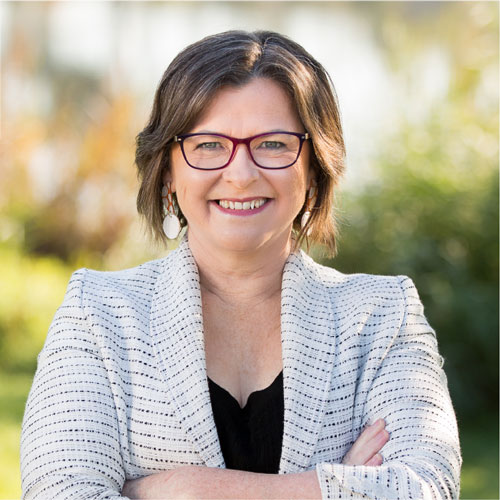
Hon. Ged Kearney MP
A/Minister for Health and Aged Care
PDF Download
Ambiguous Loss Masterclass
Ambiguous Loss 101 Slides
Download the deck of slides covering the fundamentals touched on in the video.
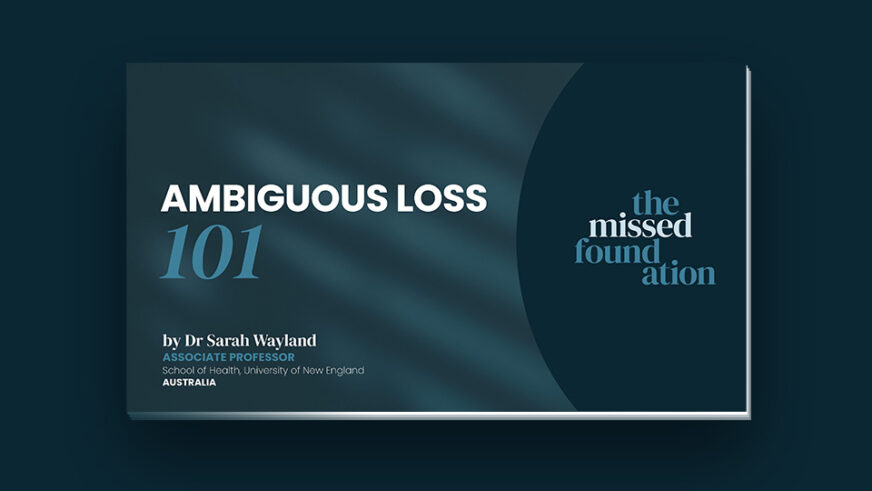
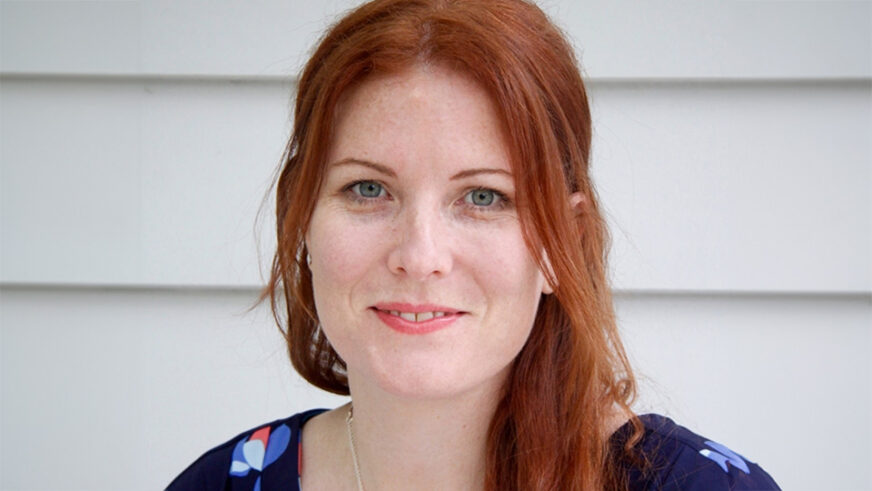
Creator and host
Dr Sarah Wayland
Dr Sarah Wayland draws on her 20 years’ experience working in missing persons and exploring the intersection of hopefulness and hopelessness that ambiguous loss creates to deliver this evidence-based masterclass, helping people better support loved ones of missing people as they navigate the uncertainty.
Education
Ambiguous Loss Masterclass
Advanced skills training
The second component of this masterclass, Advanced Skills Training, offers a deeper dive into the topic. Its intended audience is professionals regularly providing support to families, including specialised police, counsellors and support workers.
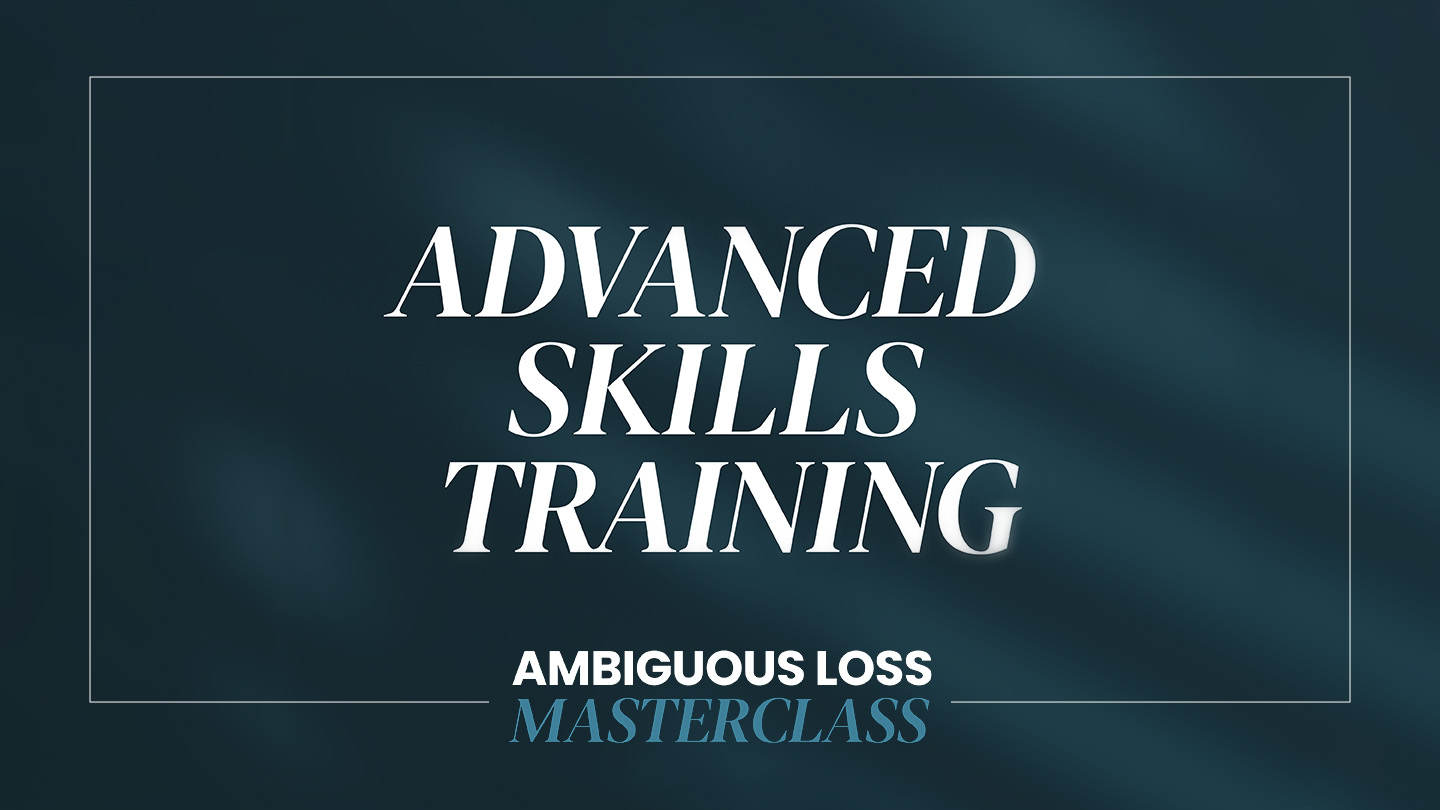
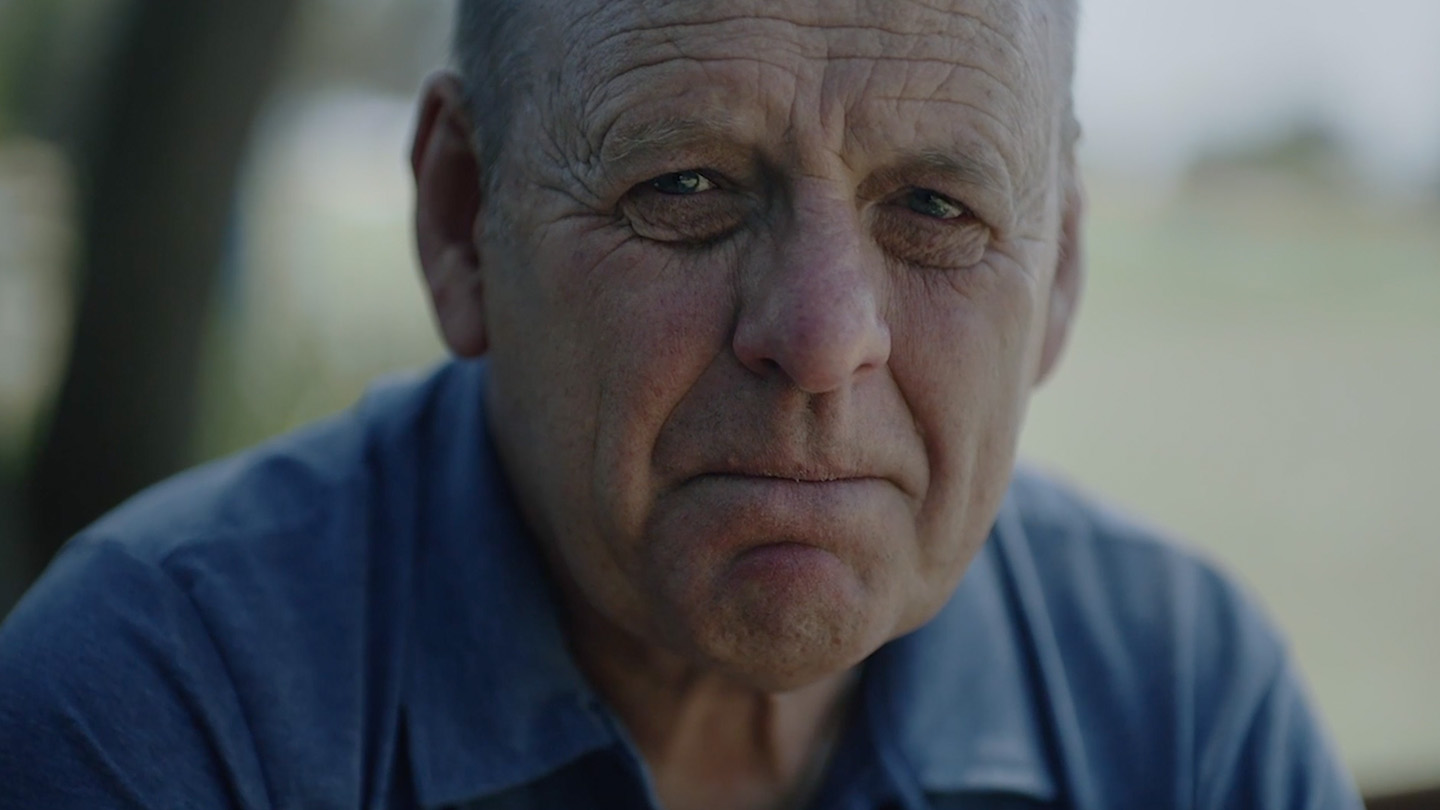
UNIQUE FORM OF GRIEF
Ambiguous Loss
The unique form of grief families and friends of missing people experience is called ambiguous loss. Many psychologists consider ambiguous loss to be the most traumatic kind of grief and the most unmanageable form of stress.
*Ambiguous Loss, the theory and the book; Emeritus Professor Dr Pauline Boss (Harvard University Press, 1999/2000)

Follow us
Acknowledgement of Country
The Missed Foundation acknowledges the Aboriginal and Torres Strait Islander peoples as the first inhabitants of the nation and the traditional custodians of the lands where we live, learn and work.


Acknowledgements
We welcome all cultures, all religions, all colours, all beliefs, all ages, all sizes, all types, all people.

Accessibility Statement
We are continually improving the user experience and applying the relevant accessibility standards.
Please let us know if you encounter any problems with the accessibility of our site, via the link below.
Missed is a registered charity with Deductible Gift Recipient status from the Australian Taxation Office
© Copyright The Missed Foundation 2024 | ABN: 56 606 576 914 | Privacy Policy
